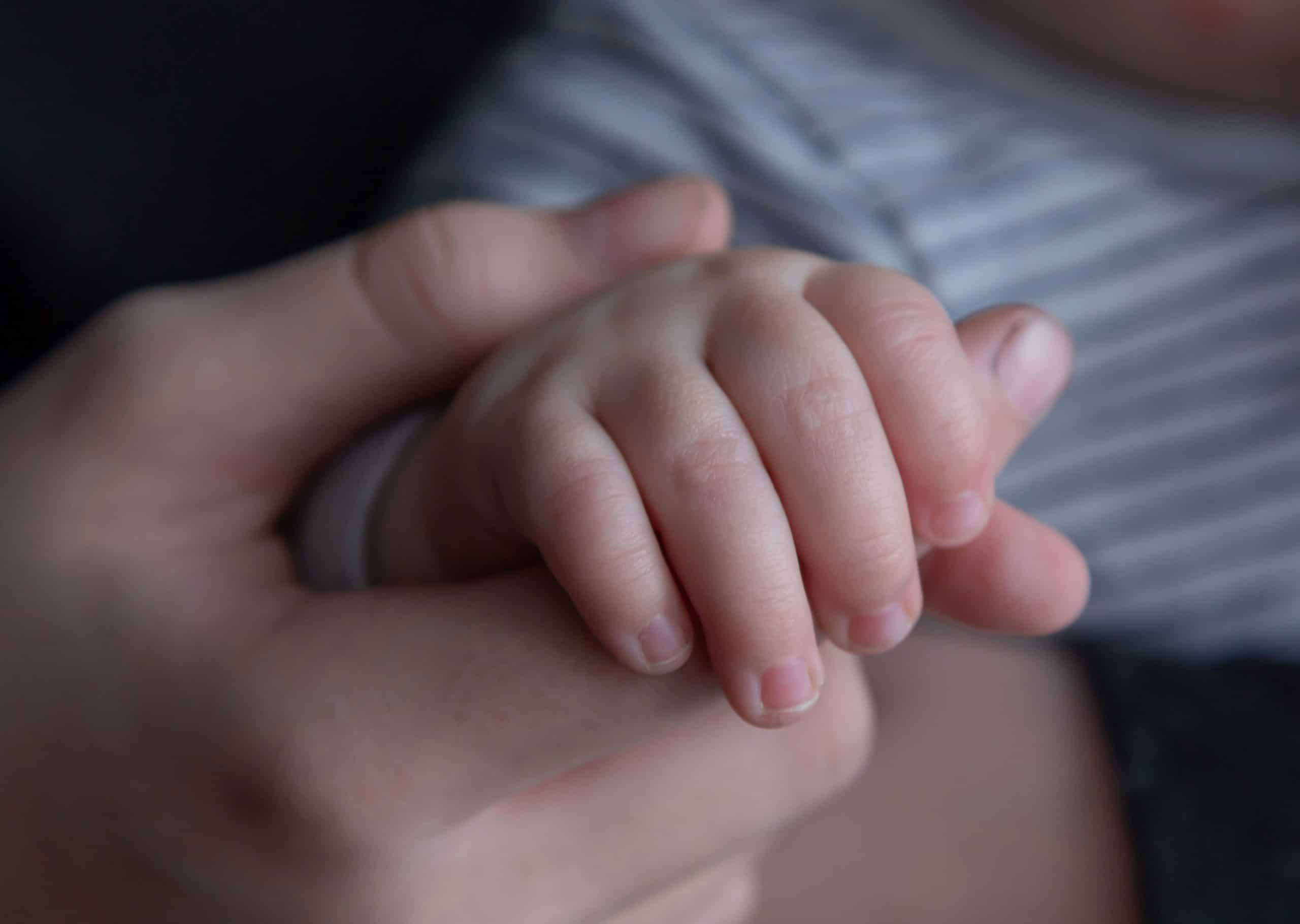It is not unusual for a person who receives an inherited flat to wonder whether he or she has to declare it, or whether the inheritance is tax-free. In the case of an inherited flat, the tax declaration usually raises questions. First of all, you should know that all inheritance is subject to Inheritance and Gift Tax, which is filed with the Tax Office up to six months after the death of the person. This tax is levied on the capital gains obtained from the inheritance.
If you inherit a property, it is important to know both the deadlines and the amounts to be paid in taxes. Inheritance and Gift Tax is the tax you pay when you receive an inherited flat. In addition to the Municipal Capital Gains Tax, the question then arises as to what happens with the income tax return: is it necessary to declare the flat for Personal Income Tax? In this post, we will tell you everything you need to know about it, and answer any questions that may arise along the way.
How does the inheritance of a flat affect the income tax return?
Inherited flats are not taxed in the income tax, since at the moment of receiving them they are settled with the two taxes mentioned above: the Inheritance and Donations Tax and the Municipal Capital Gains Tax. However, the following should be borne in mind: when you receive the flat, you do not have to include it in your tax return. However, you do have to report the income produced by obtaining the flat.
In other words, if after receiving the property you decide to rent it out or sell it, you will have to declare the amount of money you have obtained from these operations in the IRPF. You must declare both the value of the property at the time of inheritance and the value of the sale or the monthly sum acquired from renting, as the case may be. The number obtained by subtracting the value of the inherited flat from its sale value is called the capital gain from the inheritance and must be declared to the tax authorities.
So, the initial question of how the inheritance of a flat affects the tax return is answered by taking into account the existence or not of profits generated through the property. If the owner of the inherited property decides not to do anything with the flat, nothing has to be declared in the IRPF.
It is also worth mentioning that inheriting a flat is different from inheriting shares or cash. In the case of shares, the gains generated by the shares are declared in the IRPF. As for the inherited cash, it is only declared in the Inheritance and Gift Tax, but not in the income tax.
What happens if the inherited flat is not declared in the IRPF when it is due?
As we mentioned recently, if we obtain an inherited property, we must pay Inheritance and Gift Tax and Municipal Capital Gains Tax. If these are not paid within the established period, a penalty is applied to the heirs, depending on the municipality in question, and the characteristics of the property received.
In turn, if we obtain economic benefits from the flat we receive through the inheritance, we must declare these benefits in the Personal Income Tax, otherwise, we will also receive a penalty for not doing so.
Deceased person’s income tax return
It is important to bear in mind that the person who dies retains his or her obligation to file the income tax return for the year in which the death occurs. Therefore, when a person dies, the heirs, whether named by will or by legal provision, are obliged to file the deceased relative’s income tax return, as this will have different Inheritance and Gift Tax implications.
The heirs are accountable to the Inland Revenue in the income tax return, provided that the income they received in that year has exceeded the compulsory declaration limit. More specifically, the Tax Agency stipulates that all amounts that serve the purpose of determining the existence of the obligation to file a tax return shall be applied in full. Irrespective of the number of days comprising the deceased’s tax period, and without the need to increase it to a year.
The time limit for filing the tax return is that which corresponds to the tax return for the year in which the death occurs. Finally, it should be noted that the outstanding tax obligations of the deceased are passed on to their heirs, as established in article 39 of the General Tax Law.
Relinquishing the inherited flat
An inheritance is deemed to have been accepted at the time of death. If you cannot afford to pay the taxes on the inherited flat, you have the possibility to renounce the inheritance.
This is done by repudiation, which does not favour a third person. The renunciation is a personal, free, voluntary, irrevocable and retroactive act. It is done before a notary or through the courts, by submitting a written document. In the case of minors, judicial authorisation is required, as it is assumed that an inheritance will be of benefit to the minor. Therefore, it is necessary to justify to the judge the reasons for the renunciation, and then obtain his or her authorisation. To renounce your inheritance, it is advisable to consult a lawyer specialised in inheritance law, so that he or she can provide you with the correct information on the steps to be taken.
On the other hand, if you decide to transfer the inherited flat to another family member, you will have to pay Inheritance and Gift Tax, as this action is taxed as a donation, before the Tax Agency.
Now you know everything you have to do if you receive a flat as an inheritance. If you have any doubts or need advice, do not hesitate to contact us. We solve and manage all types of tax, labour, commercial and legal procedures as a self-employed person, small or medium-sized company. At Blegal we are the only law firm that meets all your needs with commitment, dedication and energy.
Photo by Towfiqu barbhuiya on Unsplash.




